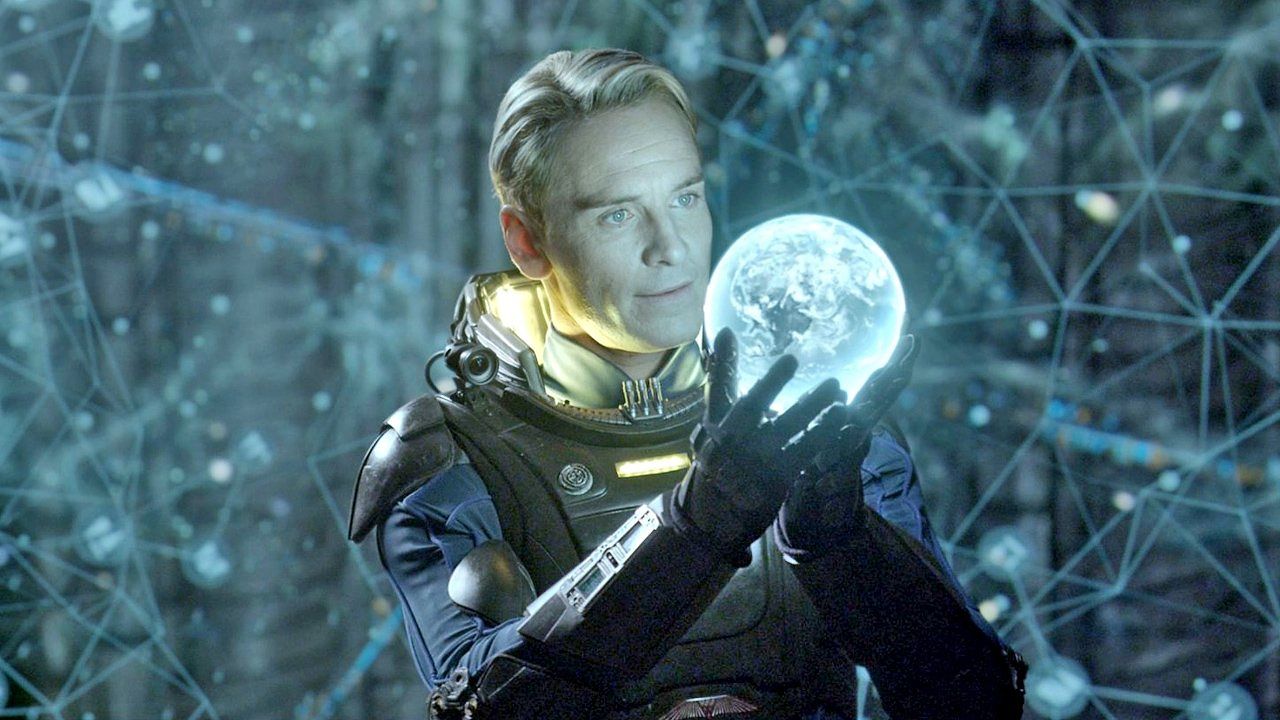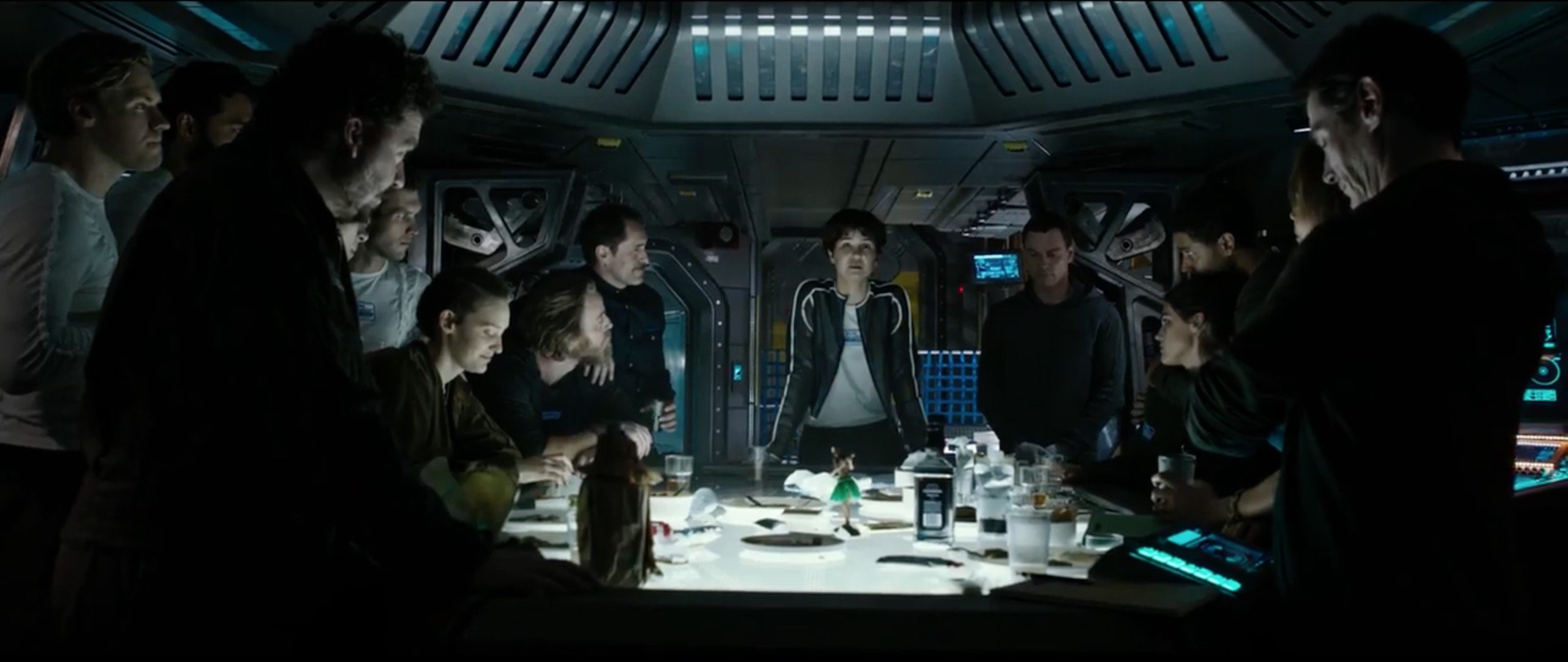Recollection or repetition?
Kierkegaard asks this question repeatedly. Recollection is pagan and, more specifically, Greek, representative of all the moral failure of the ancient world. Repetition is Christian and representative of the positive and the good. Recollection is backwards-looking, repetition looks forward. In repetition, we endlessly try to start over at the beginning. We hope that if we can just get everything right from the first step, we can be perfect. Repetition is summed up by Beckett’s most famous quote, which has improbably been turned into an inspirational slogan: “Ever tried. Ever failed. No matter. Try again. Fail again. Fail better.”


Film series and franchises have always mixed recollection and repetition, but now they lean more heavily on the latter. Even the term “film franchises” shows this. There are no longer any simple series, which imply a first and then a second and then a third. There is instead a vague cloud of entries that spreads slowly in many directions.
The Alien series was a little ahead of the curve in becoming a complex morass. The two Alien vs Predator films, in 2004 and 2007, were ambiguously related to their original series. When the series finally returned, it was with a semi-prequel, Prometheus (2015). That movie never really clearly tied into the series proper, to the frustration of message boards everywhere.
Alien: Covenant finally gets around to connecting the story of Michael Fassbender’s Wagner-loving robot (how did he get his body back, by the way?) to the beloved Xenomorphs. In doing so, it helps reveal what the drive to recollect the origin is trying to do to these series.
The original Alien transpired in a workplace. The labor politics were front and center: Parker and Brett, the two engineers, complain constantly about being underpaid and ignored by the other workers. Ripley’s famous coldness is ultimately that of a middle-manager, established by going down to the bowels of the ship to talk tough with the manual laborers and by her ability to follow the rules even when they seem inhumane, by her insistence on quarantine.
The quarantine scene is repeated in Covenant, but presented instead more as an act of cowardice. Instead of defending the ship, Amy Seimetz’s Maggie is defending herself, locking one crewmate in with one of the Neumorphs (which look like Xenomorphs if they were designed by Apple). It only buys her a couple minutes, as she is killed right afterwards. What the echoing establishes, though, is that the film is avoiding the “workplace horror” of the original and replacing it with something else.

By placing the evil of the Xenomorphs in the hands of Fassbender’s wonderfully campy android David, instead of the original’s company by way of the android Ash, they are removed from the world of finance into the world of science. It places the film in the tradition of the horror movies of the 50s, covered so wonderfully by Peter Biskind in Seeing Is Believing. By Biskind’s categorization, that would make Covenant a conservative film, in that science and knowledge is not to be trusted (as opposed to the scientist being in the right and those who want to destroy in the wrong).
The movie both is and isn’t based on those themes. It is, to the extent that the Romantic drive to know forms the backbone of the film, but it isn’t to the extent that this seems to be partially just an excuse. It’s the desire to return to the series’ beginning and re-found it away from economic lines that seems more important to me. The film desires to create a new, free-floating series that motivates only itself, unconnected to the real world, ignoring the fact that it is once again tying itself to particular aesthetic and political lines that it can’t avoid.

After all, in the end David becomes something of a colonialist villain. His arrival and immediate destruction of the Engineers brings to mind any number of European first contacts, and he ends the film quite literally in control of a colonizing ship, with thousands of bodies to experiment on. In this light, his British accent and the copying of T.E. Lawrence in Prometheus takes on further layers.
That’s what’s interesting about this movie to me, even beyond its wonderfully manic design (particularly in the second half, where David’s tunnel-filled ruin/home replicates in stone the series’ mutations of the body), and beyond its two wonderful set pieces (the battles against fully-fledged Xenomorphs in the last half hour, both of which are shot wonderfully).
It’s how the attempt to recollect the past – and, in that recollection, sever it from its particular historical and materialist places of origin – merely re-places it in a new one. In trying to recollect, they merely end up repeating – and, despite the fear about “too many sequels,” repeating is not necessarily a bad thing.

